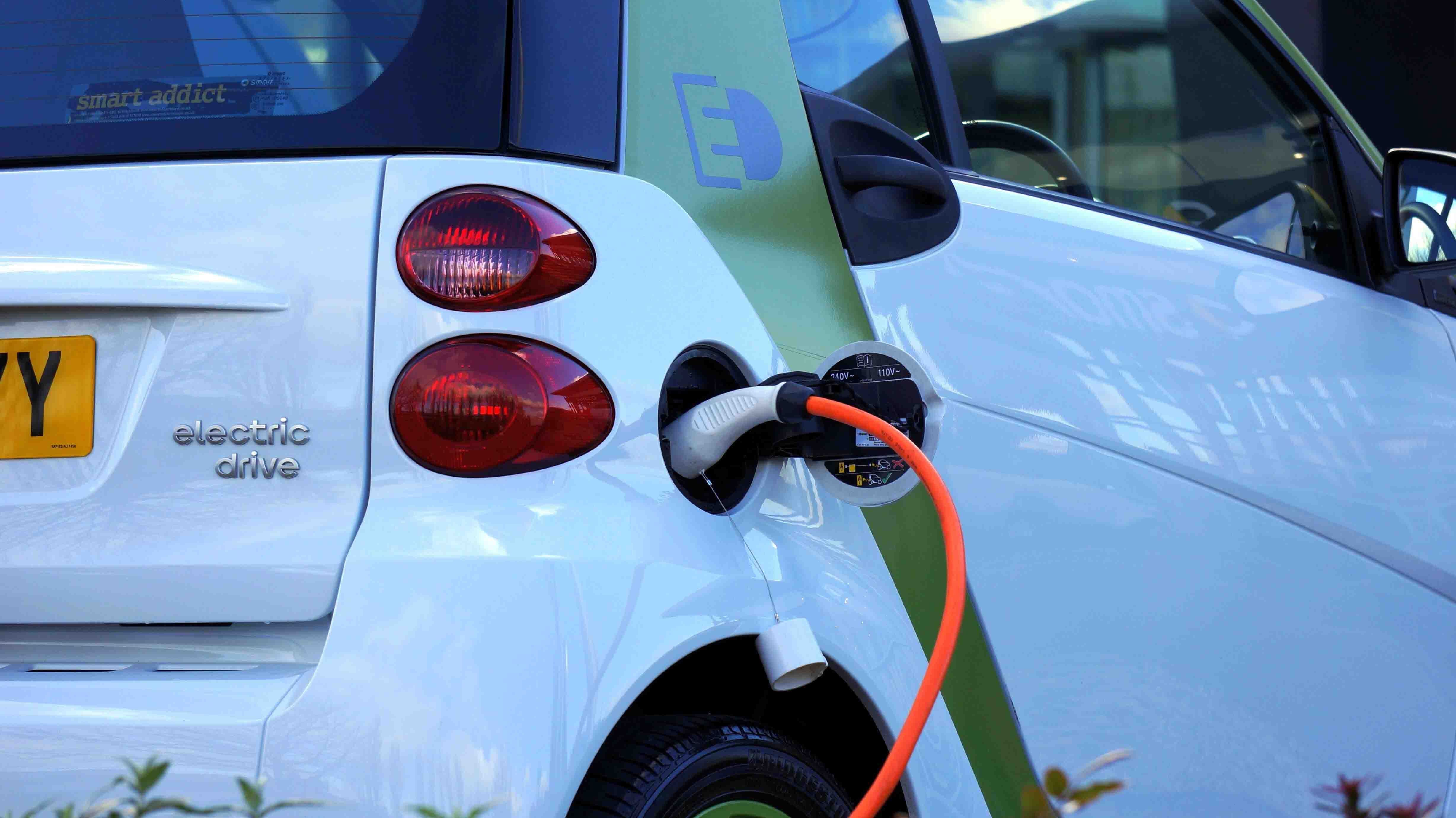Shanghai (Gasgoo)- On August 4, Baidu's autonomous ride-hailing arm Apollo Go announced a strategic partnership with global mobility leader Lyft to launch driverless ride services in Europe via the Lyft platform.
The rollout will begin in 2026 with Apollo Go's sixth-generation fully autonomous vehicles, namely RT6, operating in Germany and the UK, with plans to scale the fleet to several thousand units across Europe.
The vehicles will be equipped with Baidu's industry-leading sensor suite, 10-layer safety redundancy system, and advanced human–machine interaction design.
Lyft CEO David Risher said Baidu's position as the world's largest autonomous ride-hailing platform, coupled with its deep operational experience, would enable the companies to deliver safe, reliable, and privacy-focused autonomous mobility to millions of European riders.
Baidu founder Robin Li called the partnership a significant milestone in Apollo Go's global expansion strategy, noting that the collaboration would combine Baidu's autonomous driving technology with Lyft's operational expertise to deliver safer, greener, and more efficient transport to European users.
The partnership will center on four pillars to accelerate Europe's transition to autonomous mobility:
Advanced technology deployment – Apollo Go's purpose-built, all-electric RT6 Robotaxis are designed specifically for ride-hailing, powered by Baidu's Apollo Autonomous Driving Foundation Model (ADFM) and six generations of real-world testing. The RT6 will be bookable directly through Lyft’s platform.
Proven operational scale –With service coverage spanning more than 3,000 square kilometers in Wuhan and a track record of over 11 million rides worldwide, Apollo Go has shown it can successfully transition from pilot programs to full-scale commercial operations in major cities—a capability that provides a solid springboard for its European launch.
Strategic market entry – Lyft will oversee operations and marketplace management, while Baidu supplies the vehicles, validates the technology, and provides comprehensive technical support.
Local integration – Lyft will leverage its acquisition of European ride-hailing firm FREENOW , active in nine countries and over 180 cities, to accelerate autonomous vehicle deployment, while working with local regulators and taxi operators.
The move follows Apollo Go's recent expansion into Dubai and Abu Dhabi, as well as a newly announced agreement with Uber to integrate thousands of driverless cars into Uber's global network.
Apollo Go now operates a fleet of over 1,000 autonomous vehicles in 15 cities worldwide, having completed more than 11 million passenger trips and driven over 170 million kilometers without a major safety incident.



